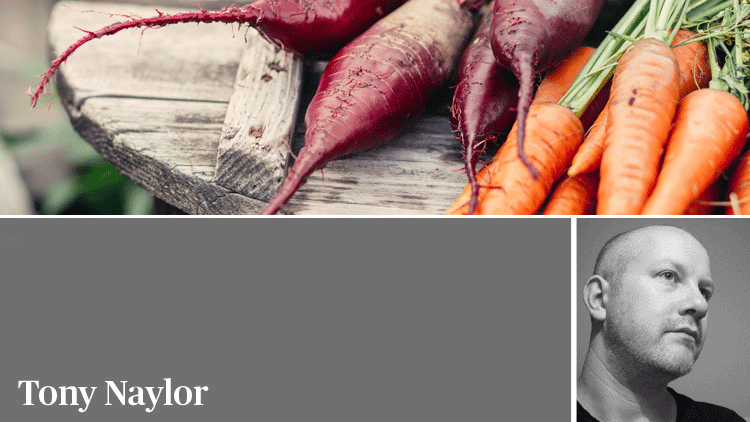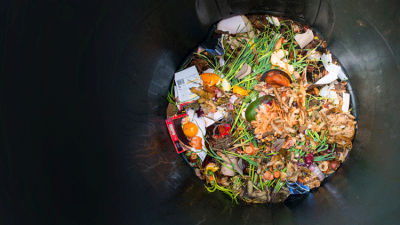MONTHLY COLUMN
Why more chefs need to seek out sustainable suppliers

As part of this month’s British Dal Festival, community growers will plant lentils across Bristol. This comes shortly after Hodmedod’s, a specialist retailer of unusual UK-grown beans and pulses, co-ordinated the first commercial British lentil harvest – an experiment in sustainable, low-intensity farming that it will continue in 2018.
What does this have to do with you as a chef or restaurateur? Not a lot. Yet. Bristol’s lentil harvest will likely be modest and Hodmedod’s organic lentils have already sold out (it still has Hertfordshire red lentils in stock). Indeed, despite its popularity among chefs such as Yotam Ottolenghi and Mark Hix, Hodmedod’s is a mainly consumer retail operation. It has distribution in London through Natoora and Chef’s Deli, but its lack of a national, 24-hour dispatch facility (that knackered chefs can order from post-service), limits the traction it can achieve in hospitality, says co-owner Josiah Meldrum. For now, those using its products are cooks, such as self-styled eco-chef, Tom Hunt, owner of Bristol tapas restaurant Poco, who have actively sought them out.
But could more chefs be following his lead? That is, looking beyond traditional catering suppliers and brands, to support pioneers offering a radical, high-quality alternative to imported and/or industrially farmed products. From Growing Underground’s hydroponic micro-herbs farmed in tunnels below Clapham via the Cheshire Saffron Co to Fundamentally Sustainable Food, which cultivates Japanese mushrooms in Hampshire, British growers are producing a vast array of exotic ingredients, without recourse to CO2-heavy air freight.
A coterie of curious, ambitious chefs will root out such suppliers. But many are too lazy, too risk averse or, sadly, too limited by restrictive suppliers and rigid notions of GP, to engage with such laudable projects. Projects underpinned by the kind of inspirational stories diners love. Hodmedod’s fava beans are one such tale. Grown here since the iron age, the UK’s original fava beans were used as animal feed or exported to Egypt (where they are preferred to chickpeas in falafel), until the company began to raise their profile.
Working with some of these ingredients requires a little effort, most worthwhile things do. But, equally, in the age of Google and a resurgence of grassroots ethical food production, finding such ingredients has never been easier. Take sourcing produce from community growing groups, which often cultivate fascinating heritage varieties.
You may look at Warwickshire’s Straw Kitchen (veg from allotments), or Devon’s ODE (black truffles supplied by a gardener), and imagine such connections can only occur by accident. Perhaps they did. Chefs need to embrace such opportunities. But there are organisations that can help.
Growing Together, for example, brokers collaborations between chefs, city farms and community growers. In London, it connected Marcus Wareing Group with Lea Valley co-op Organiclea. In Edinburgh, Restaurant Mark Greenaway has supported the farm run by the charity Cyrenians by using its produce .
Sourcing in this way requires flexibility (in dish and menu design) and organisation (to, for instance, preserve gluts of produce). But it pays dividends. “As a chef, I want fresh ingredients, and local produce by its nature is seasonal and great for the community. It gives people a real sense of pride when something grown locally graces their plate,” says Greenaway.
Going deep on unusual UK produce can bring fresh, vivid colour to your cooking, literally and metaphorically. Plus, restaurants have a responsibility to lead here. As the Fundamentally website states: “Sustainability is not an option, it is a future essential.”
This column first appeared in the March issue of Restaurant magazine, the leading title for the UK's restaurant industry. For more features, comment, interviews and in-depth analysis of the restaurant sector subscribe to Restaurant magazine here.





















